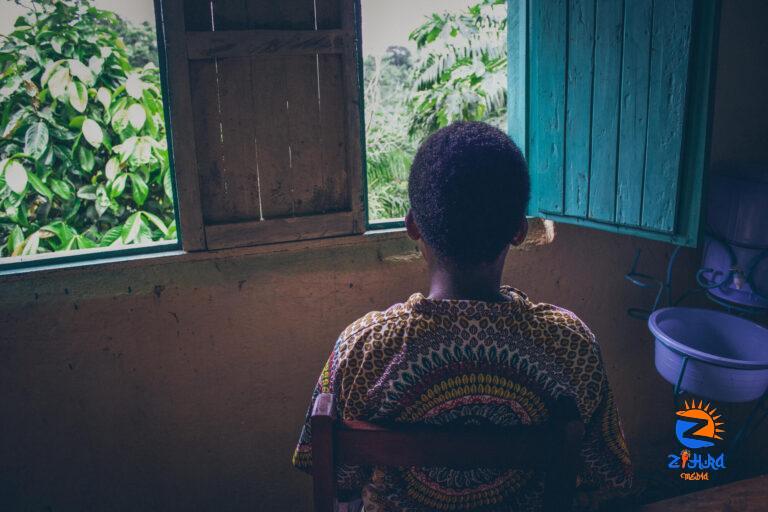
[ad_1]
Right now, global health needs are surging. We need world leaders to come together to tackle the unprecedented number of humanitarian crises. Instead, the US is using its leverage as the largest funder of global health and humanitarian assistance to block women and girls from receiving the essential health care they need.
The US should be using its wealth and power to expand rather than restrict access to sexual and reproductive health services. Comprehensive sexual and reproductive health care is not only essential to the health of individuals, but to the overall health of families and communities everywhere.
What is MSF doing to address these challenges?
During the COVID-19 pandemic, we’ve been working to adapt the ways we deliver essential health services, such as contraception, safe abortion care, and post-abortion care. We’re trying to limit the time spent in health facilities and move toward more community-based activities, remote support of services, and self-care models. These models of care are not just temporary solutions to the pandemic; they are opportunities to fundamentally change how sexual and reproductive health services are delivered, in order to make them more accessible and support people’s autonomy.
We also use our expertise to speak out publicly against the harmful impacts of policies like the Global Gag Rule and other efforts to limit access to care. In collaboration with an organisation called HowToUse, we created an online course on medication abortion for humanitarian aid workers, so people around the world have access to the information that they need. We also conduct research investigating the severity and treatment of complications from unsafe abortion in conflict-affected settings.
[ad_2]